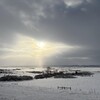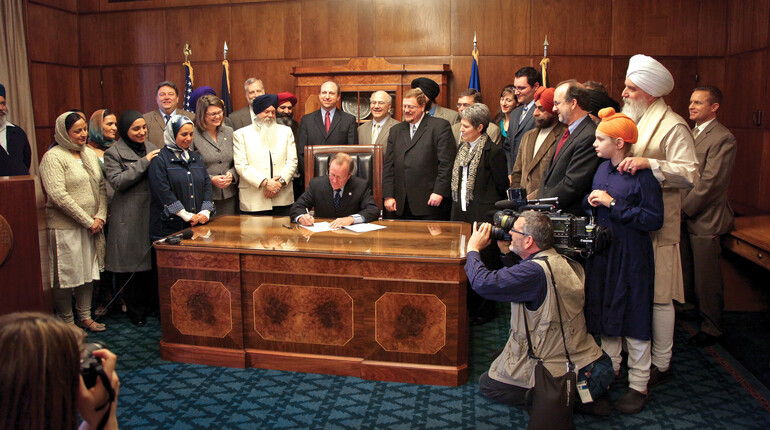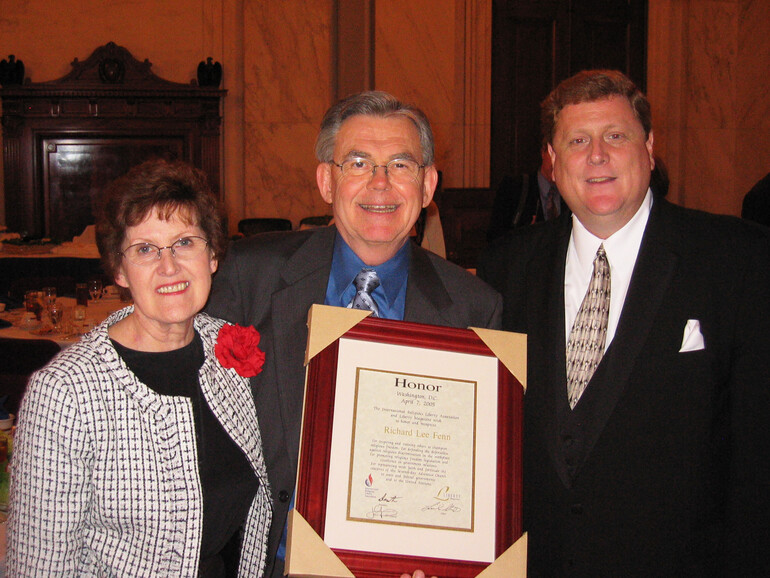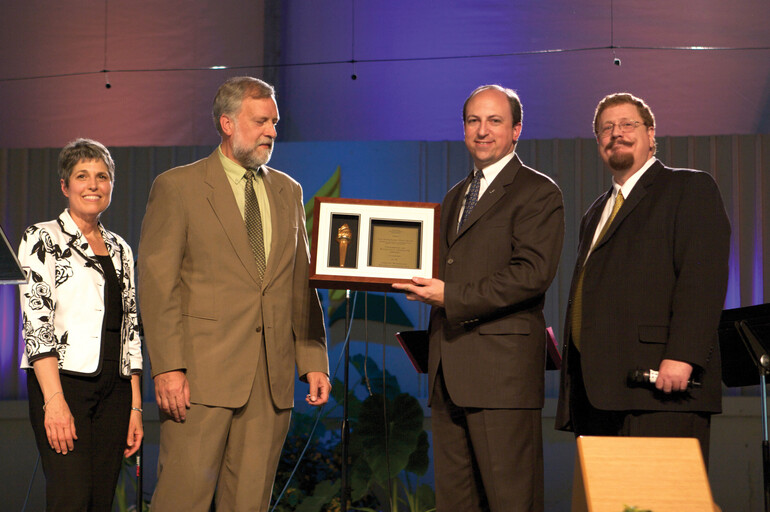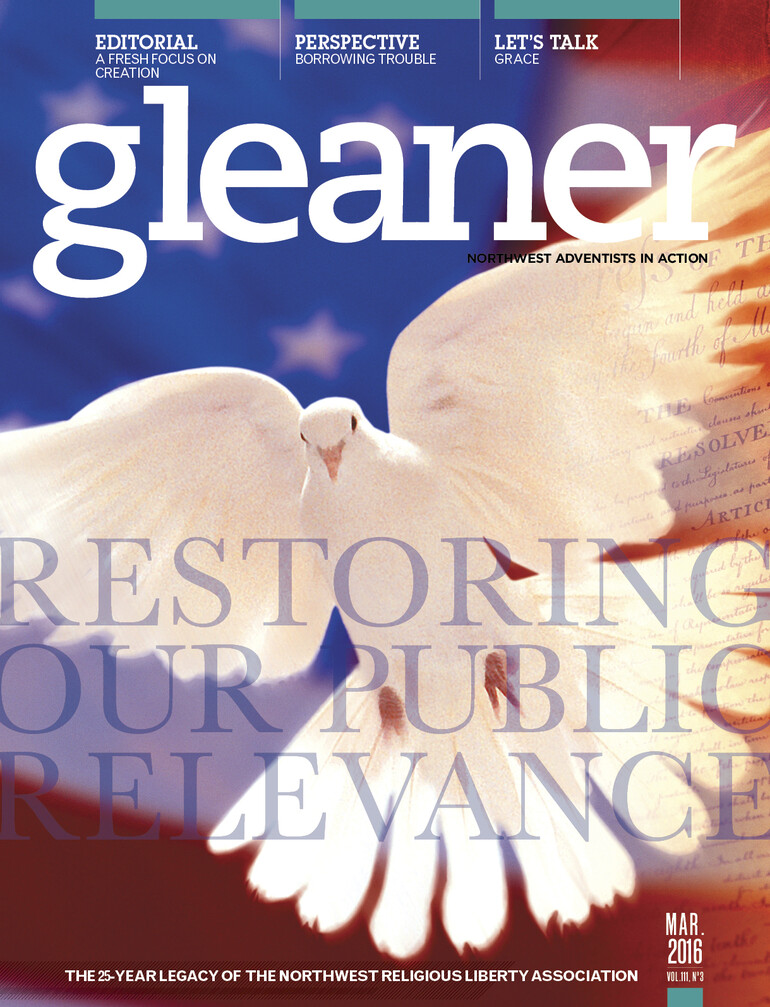Because of their prophetic beliefs, Seventh-day Adventists have imagined a world without religious freedom perhaps more than most people of faith. This proclivity has unfortunately led our church at times to minimize the importance of religious freedom as a “public ministry.” Our tendencies toward public isolation and parochialism — waiting passively for a national Sunday law — represent an unfortunate mindset that must be challenged and overcome.
The thought of church-sponsored legal and constitutional advocacy in a public and political arena is perceived by some of our faithful members as offensive or spiritually improper. Even those who are supportive wonder sometimes if our religious liberty efforts are on the “wrong side” because we champion the constitutional separation of church and state.
And yet, our church’s understanding of the constitutional founders’ intent, our commitment to Scripture and our belief in Ellen White’s still-relevant counsel have led us to maintain this critical equilibrium. It is the proper balance between the Establishment and Free Exercise clauses of the First Amendment of our Constitution that thought-leaders throughout the nation have come to recognize and respect. Our church’s Declaration of Principles highlights this respected approach:
Declaration of Principles
- The God-given right of religious liberty is best exercised when church and state are separate.
- Government is God’s agency to protect individual rights and to conduct civil affairs; in exercising these responsibilities, officials are entitled to respect and cooperation.
- Religious liberty entails freedom of conscience: to worship or not to worship; to profess, practice and promulgate religious beliefs or to change them. In exercising these rights, however, one must respect the equivalent rights of all others.
- Attempts to unite church and state are opposed to the interests of each, subversive of human rights and potentially persecuting in character; to oppose union, lawfully and honorably, is not only the citizen’s duty but the essence of the Golden Rule — to treat others as one wishes to be treated.
National Recognition
Our church’s religious liberty efforts have been recognized in recent years by some of the leading luminaries in Washington as the No. 1 religious identity in the world that champions religious freedom in the public square. Presidential candidates Hillary Clinton and Ben Carson, Secretary of State John Kerry, Kansas Governor Sam Brownback, and Utah Senator Orrin Hatch and Arizona Senator John McCain — both Democrats and Republicans — have all recognized this and proclaimed it in banquet rooms and the press.
This is due in large part to Liberty magazine and its reputation for being a leading thought-journal among civic leaders in the public arena. It also reflects a steady government relations program on Capitol Hill.
Certainly our message and our mission are not created just to foster political appeal. But recognition and respect from prominent thought-leaders is a start in the right direction if we are to be publicly relevant on a national scale.
Some will assume that this has always been the case. But sadly it has not been, especially at the state legislative level, where the Adventist Church has only 14 established and professionally functioning government relations programs (five in the Northwest, one in California and eight in the Southern Union), leaving 36 states with no representation at all.
That must change — and is changing. The Lake Union Conference, with Barbara Livesay’s leadership, recently committed itself to establishing a government relations program in each of its four Midwestern states. But that still leaves 32 states in the North American Division without representation.
Northwest Legacy
This year the Northwest Religious Liberty Association (NRLA) will be celebrating its 25th anniversary since it was rechartered in 1991. Richard Fenn and the NRLA charter members intended to revive the public advocacy programs that Alonzo T. Jones started in the States back in the early 1900s. The North Pacific Religious Liberty Association (NPRLA) was originally founded in 1906, the same year as the organization of the North Pacific Union Conference.
Our Northwest Religious Liberty Association has advanced this legacy in substantive ways, providing quality representation through its Capitol Pastor program in the state legislatures of Alaska, Idaho, Montana, Oregon and Washington.
Our mission entails four specific branches of ministry: workplace mediation, education advocacy, Liberty magazine promotional work, and civic and legislative advocacy. More specifically, this means we are actively and professionally involved in the legislative, civic, judicial, academic, interfaith, ecumenical and corporate arenas.
We are constantly working there to prevent the erosion of the constitutional separation of church and state, the free exercise of religion, and anti-discrimination laws, particularly in the workplace.
Our influence has even extended internationally to Romania, where NRLA influenced senators in that nation’s parliament to discourage a six-day workweek law. That law would have allowed Sunday rest only and the constitutional recognition of the Romanian Orthodox Church as the only state-approved religion.
NRLA’s civic and legislative accomplishments have been significant but little-known:
- Oregon Workplace Religious Freedom Act (2010) applies a fairer standard for religious minorities and all conscientious employees of faith seeking holy day and religious garb accommodations by restoring the language of “significant expense and difficulty” to the legal definition of employer "undue hardship” in Oregon Title VII civil rights law. New York, California and Oregon are the only states who have restored this original intent to anti-discrimination law.
- Idaho’s Free Exercise of Religion Act of 2000 restored the “compelling interest” and “least restrictive means” legal tests to Free Exercise jurisprudence, so that when religious individuals’ and institutions’ religious practices are challenged by the state, the burden of proof was returned to the shoulders of the state.
- Alaska’s Religious Freedom Restoration Act was written by NRLA in 1998 and shepherded until 2001. It has renewed interest and momentum.
- Washington State’s Religious Preference Policy for Native American Indian Inmates, rewritten in 2006 because of NRLA's direct intervention, allows for dual religious preference for prisoner registration using the federal Religious Land Use and Institutionalized Person’s Act (RLUIPA) of 2000.
- Defeated the forced unionization of all private child care centers in Washington in 2010.
- Defeated Greater Seattle’s Growth Management Act in 2001, which attempted to place a moratorium on the building of new churches and schools in rural King County.
'Called for Such a Time as This'
When Oregon Representative Dave Hunt took on the sponsorship of NRLA’s proposed Oregon Workplace Religious Freedom Act in 2007, he knew he was taking a political risk with his Democratic Caucus colleagues in the Oregon House of Representatives, particularly after having served as a former national president of the American Baptist Churches USA. He had become majority leader that year.
Hunt had risen in 2009 to become Oregon’s Speaker of the House of Representatives thanks to a slim coalition of moderate Democrats and Republicans. This gave the Oregon Workplace Religious Freedom Act momentum for a higher legal standard of accommodation for religious employees who needed their religious requirements met in a reasonable way without causing a “significant” hardship for employers. Our bill passed both House and Senate chambers by a 66 percent vote margin, and Governor Ted Kulongoski signed it into law.
But then we hit a snag because this new law did not provide any relief for public school teachers, particularly when it came to the matter of wearing religious garb. This statutory prohibition (ORS 342.650) had remained in the newly signed Workplace Religious Freedom Act. Muslims, Sikhs, Catholics, Jews and others urged the Oregon Legislature to repeal it in a special 2010 legislative session.
This statutory prohibition originated with the Ku Klux Klan’s influence over both Republicans and Democrats in the Oregon Legislature in the early 1920s. They successfully lobbied to shut all religious and private schools in Oregon and to ban the wearing of religious habits by public school teachers, of whom many were priests and nuns. Some feared that communism was most easily advanced through Catholic schools, which made up the majority of Oregon schools at the time.
The U.S. Supreme Court overturned the school ban in Pierce v. Society of Sisters (1925) by a vote of 9-0. The statutory prohibition on the wearing of religious garb by public school teachers and staff, however, remained.
The American Civil Liberties Union (ACLU) fought our efforts in House Bill 3686 to repeal this prohibition during a one-month special session in 2010 to amend, and thus save, Oregon’s Workplace Religious Freedom Act.
If it wasn’t for Representative Hunt’s influence and the work of the Northwest Religious Liberty Association in uniting Sikhs, Muslims, Jews, Protestants and Catholics, we would not have been able to successfully overcome the ACLU’s powerful opposition. Our new bill proposal passed by the same margin as it had in 2009, and an impressive interfaith bill-signing ceremony occurred in Kulongoski’s office in April 2010.
Dave Hunt was honored at the 2009 Oregon Camp Meeting before more than 2,000 people and on the national stage in Washington, D.C. at the annual national Liberty Awards Banquet in 2010. The Oregon Workplace Religious Freedom Act is the working model for the federal Workplace Religious Freedom Act proposal before Congress. If that is ever passed and signed by the president, or the next, it will help all people of faith, especially religious minorities, in the workplaces of every state in the Union.
We need to build relationships with more men and women on either side of the political aisle who will champion the values of religious freedom — people like Dave Hunt. Every effort we make to protect the religious freedom of each citizen also benefits the right of every Adventist to carry out our unique mission. Every time we fail to stand up for the religious freedom of others, we lessen our own a little more.
I pray we will come to realize that we have a vitally important public role to play in order to make a difference for religious freedom. Why? So the winds of strife are held back a little longer and more souls can be introduced to Jesus and prepared for His soon coming.


